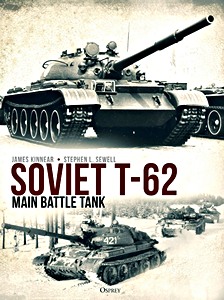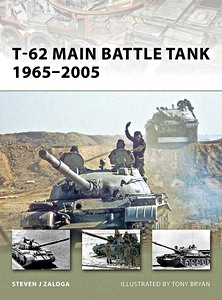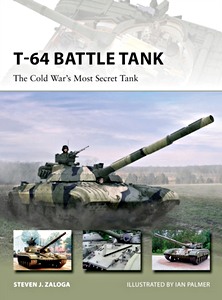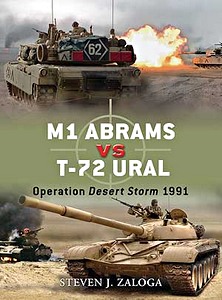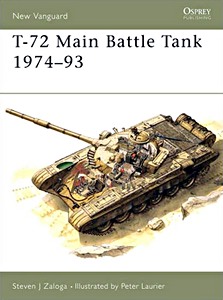M60 vs T-62 - Cold War Combatants 1956-92 (Osprey)
Designed for the battlefields of Europe at the height of the Cold War, the M60 and T-62 were the premier combat tanks of their day. However, it was in the deserts of the Middle East that they finally met in battle.
This title examines the design and development of these main battle tanks, identifying their strengths and weaknesses, and describing and analyzing their performance on the battlefield during the Yom Kippur War, the Iran-Iraq War, and the first Gulf War.
Contents: Introduction - Improving the Armored Fist - Chronology - Design and development - Strategic Situation - Technical Specifications - Combat 1: Statistics and analysis - Combat 2: Statistics and analysis - Aftermath - Bibliography.
Caractéristiques
| Auteur : | Lon O. Nordeen |
|---|---|
| Présentation : | 80 pages, 24.5 x 18.5 x 0.6 cm, broché |
| Illustration : | abondamment illustré avec des photos et des dessins (en N&B et couleurs) |
| Langue : | anglais |
| Editeur : | Osprey Publishing (GB, 2010) |
| Série : | Duel (30) |
| ISBN : | 9781846036941 |
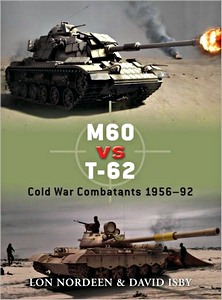
M60 vs T-62 - Cold War Combatants 1956-92
Langue : anglais
Voir prix, disponibilité et avis sur Amazon
Acheter sur Amazon FRVoir sur Amazon BE
Acheter sur Amazon CA

